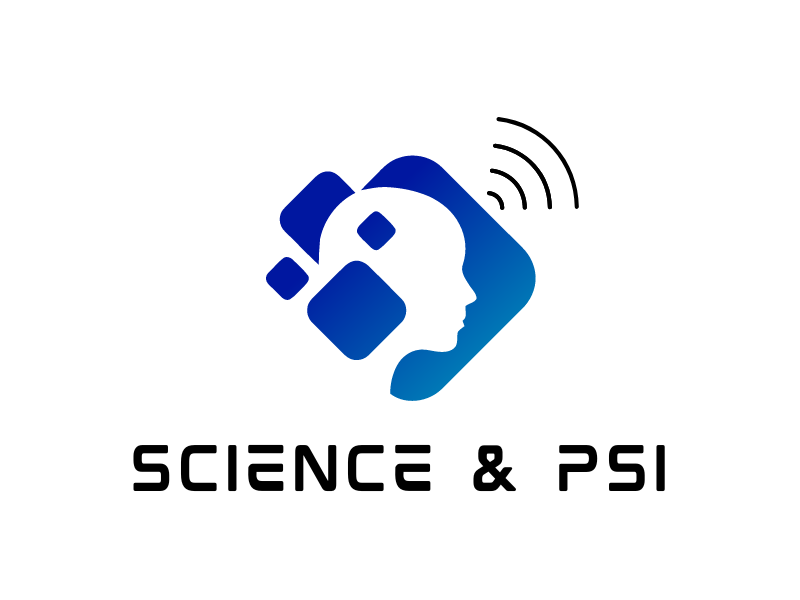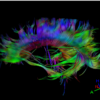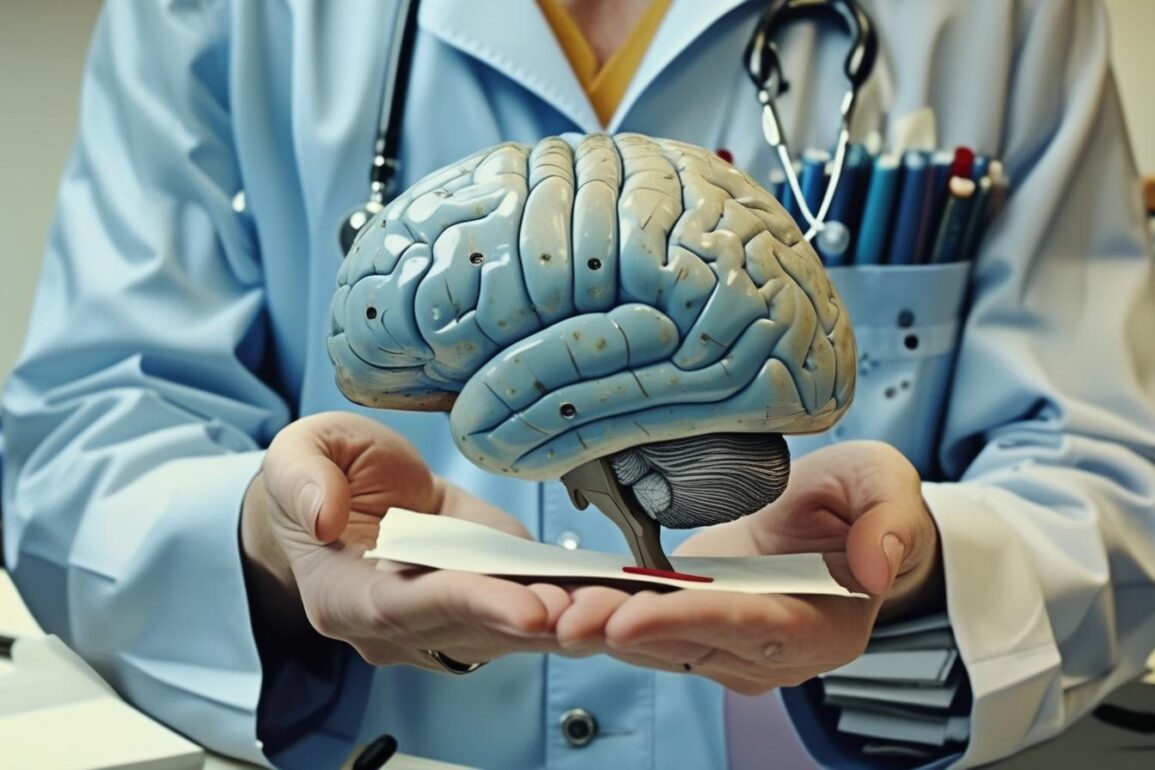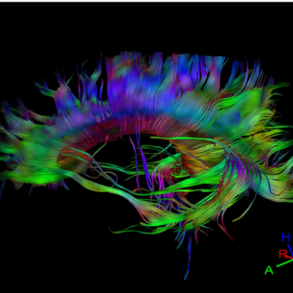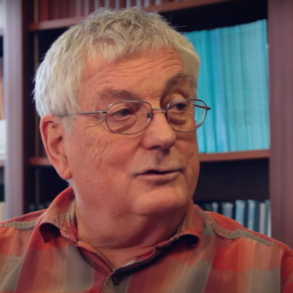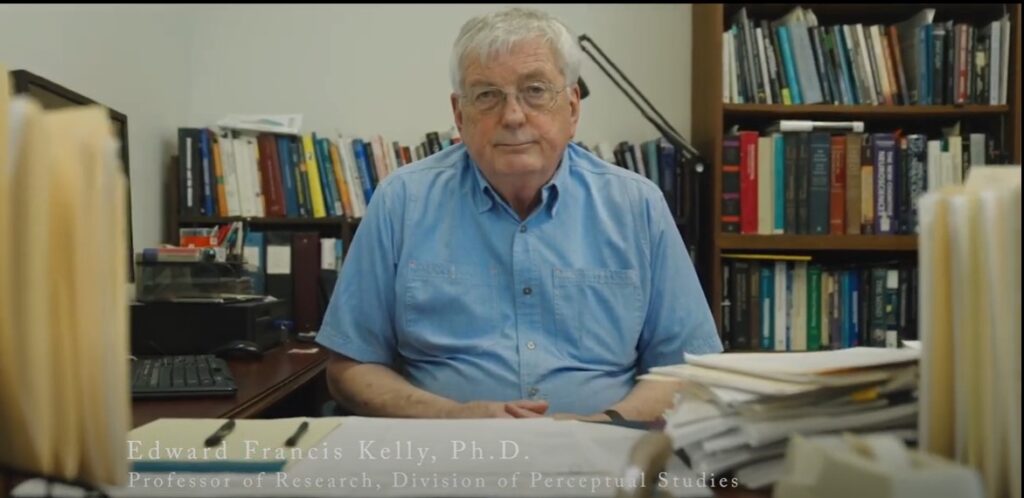
Dr. Edward Kelly stands at the forefront of contemporary research into parapsychological phenomena and the nature of consciousness, serving as a Research Professor in the Division of Perceptual Studies (DOPS) at the University of Virginia School of Medicine. For decades, Dr. Kelly and his colleagues have rigorously investigated experiences and capacities that challenge traditional scientific paradigms about the mind, embarking on a journey that merges neuroscience with empirical parapsychology. This article explores Kelly’s career, the focus and impact of DOPS research, and how their findings can transform the approach of psychology and psychiatry toward mental illness, especially for those individuals whose extraordinary experiences have historically been misinterpreted as pathological.[1][2][3]
Dr. Edward Kelly: Bridging Neuroscience and Parapsychology
Dr. Edward Kelly earned his Ph.D. in cognitive science from Harvard, dedicating his life to the scientific investigation of psi phenomena and consciousness. His early career involved full-time work in experimental parapsychology at Duke University’s Electrical Engineering Department, followed by neuroscience research at UNC-Chapel Hill. Kelly’s scholarship includes EEG and fMRI studies of human cortex adjustment to tactile stimuli, but his central interest has always remained the psychophysiological study of altered states of consciousness and psi phenomena in exceptional subjects.[3][1]
Since 2002, Dr. Kelly has returned to full-time psychical research, leading the foundation and development of a state-of-the-art neuroimaging laboratory at UVA DOPS. He is a lead author and editor of landmark volumes such as “Irreducible Mind,” “Beyond Physicalism,” and “Consciousness Unbound,” all of which propose an expanded science-based worldview that accommodates psychological and spiritual phenomena lying outside mainstream materialism. These “rogue” phenomena include extrasensory perception, psychokinesis, near-death experiences, and manifestations of extreme psychophysical influence like stigmata all subjects systematically studied under Kelly’s direction.[4][5][3]
The Division of Perceptual Studies: Research Focused
Founded in 1967 by Dr. Ian Stevenson, DOPS is a unique research collective dedicated exclusively to the open-minded exploration of experiences that challenge materialist assumptions about consciousness. Housed within the Department of Psychiatry at UVA, DOPS investigates topics such as:[6][7][8]
- Near-death experiences (NDEs)
- Out-of-body experiences (OBEs)
- Children’s memories of previous lives
- Mediumship and remote viewing
- Altered states of consciousness via meditation or trance
Their central scientific question revolves around whether consciousness is solely a product of physiological processes in the brain or if it can exist independently, possibly even surviving bodily death. DOPS researchers employ rigorous methodologies such as EEG recordings, neuroimaging, and controlled psi experiments to examine the biological correlates and behavioral impact of these phenomena.[7][9][10][11][6]
Distinct from mainstream psychiatric research, DOPS uses its multidisciplinary resources to distinguish extraordinary experiences from genuine mental illnesses. By combining psychiatric expertise with experimental psychology and neurobiology, DOPS develops innovative frameworks for understanding consciousness beyond conventional paradigms.[12][6][7]
Implications for Human Consciousness
Research at DOPS provides compelling evidence that consciousness may have properties extending beyond simple brain activity. Studies on NDEs, OBEs, and related phenomena reveal consistent perceptual and emotional patterns among individuals who have undergone these experiences, regardless of background or culture. For example, near-death experiencers frequently report feelings of peace, vivid sensations, encounters with deceased loved ones, and a persistent conviction in the continuity of consciousness after death.[13][4][6][12][7]
Recent neuroimaging studies in the Ray Westphal Neuroimaging Laboratory have shown measurable differences in EEG patterns among participants engaged in psi experiments and altered states, suggesting real physiological correlates to these extraordinary states of consciousness. Other research on out-of-body experiences indicates that such transformative events can enhance empathy, emotional connectedness, and overall psychological wellbeing.[9][10][6]
Collectively, these findings challenge the notion that consciousness is simply an emergent property of neural activity, encouraging a reevaluation of materialist dogmas in neuroscience and psychology. By bringing empirical rigor to the study of phenomena historically marginalized by mainstream science, DOPS demonstrates that abnormal or extraordinary experiences are often non-pathological, warranting deeper exploration and respect rather than dismissal.[6][12][7]
Rethinking Mental Illness: Reducing Misdiagnosis
Historically, the psychiatric field has often classified reports of parapsychological events such as telepathy, mediumship, or perceived encounters with the deceased as symptoms of psychopathology. Hallucinations and delusions are hallmarks of conditions like schizophrenia, but mounting evidence from DOPS and related studies shows that many individuals who report such phenomena are psychologically healthy.[12][6]
Psychiatric misdiagnosis can have devastating consequences for patients, leading to inappropriate treatment and stigmatization. By systematically documenting the characteristics of NDEs, OBEs, and psychic experiences, DOPS offers clinicians a more nuanced diagnostic framework. Extraordinary perceptual phenomena can occur without any underlying mental illness and may even yield beneficial psychological effects such as improved emotional regulation, increased empathy, and resilience in the face of trauma.[9][12]
This research encourages clinicians to distinguish transformative, non-pathological experiences from genuine symptoms of mental disorders, improving patient care and reducing the incidence of harmful misdiagnosis. It also paves the way for a more inclusive model of mental health, recognizing the importance of spiritual and existential experiences as part of human functioning.[13][12]
Toward a New Paradigm in Psychology
Dr. Edward Kelly and the Division of Perceptual Studies represent a bold movement toward a more integrative and humane science of mind. Their careful, empirical approach to parapsychological research forces both scientists and clinicians to reconsider deeply held beliefs about consciousness, mental illness, and human potential.[4][3][7]
By illuminating the reality and ubiquity of extraordinary experiences, DOPS fosters greater compassion, reduces stigma, and supports holistic care for those navigating the boundaries of perception, psychology, and spirituality. Their work urges psychology and psychiatry to embrace a wider view: one that respects the complexity of consciousness and the transformative power of experiences that defy explanation.
As growing numbers of people continue to report phenomena once regarded as pathological, understanding, validating, and supporting these individuals will become increasingly central to the practice of mental health. The research legacy of Dr. Edward Kelly and DOPS offers a glimpse of a future in which science, medicine, and spirituality join forces to unlock the mysteries of mind—and perhaps, the mysteries of existence itself.[3][7][4][6][12][9][13]
References
(https://en.wikipedia.org/wiki/Edward_Francis_Kelly)
(https://med.virginia.edu/perceptual-studies/dops-staff/ed-kelly/)
(https://www.newswise.com/users/expert/Edward-F.-Kelly-10051512)
(https://www.youtube.com/watch?v=iLzcraWJ2Yo)
(https://whatliesbeyond.substack.com/p/consciousness-unbound-ed-kelly)
(https://psi-encyclopedia.spr.ac.uk/articles/division-perceptual-studies)
(https://med.virginia.edu/perceptual-studies/)
(https://www.vpm.org/news/2025-01-27/what-is-uvas-division-of-perceptual-studies)
(https://www.wmra.org/2024-10-30/uva-scientists-discover-out-of-body-experiences-create-empathy)
(https://med.virginia.edu/perceptual-studies/our-research/)
(https://med.virginia.edu/perceptual-studies/our-research/altered-states-of-consciousness/)
(https://www.psychiatrictimes.com/view/the-psychiatric-lens-on-extraordinary-experiences-improving-care-without-misdiagnosis)
(https://newsroom.uvahealth.com/2025/10/02/uva-aims-to-improve-support-for-near-death-experiencers/)
(https://batgap.com/ed-kelly-transcript/)
(https://www.wtfjusthappened.net/podcast-afterlife-evidence-grief-episodes/afterlife-research-with-edward-f-kelly-phd-of-dops-division-of-perceptual-studies-episode-132)
(http://www.pflyceum.org/156.html)
(https://www.sciencedirect.com/science/article/pii/S0149763423001732)
(https://www.youtube.com/watch?v=_KuIugPiHk0)
(https://www.nytimes.com/2025/01/03/style/virginia-dops-reincarnation.html)
(https://www.youtube.com/@uvadivisionofperceptualstu9909/videos)
